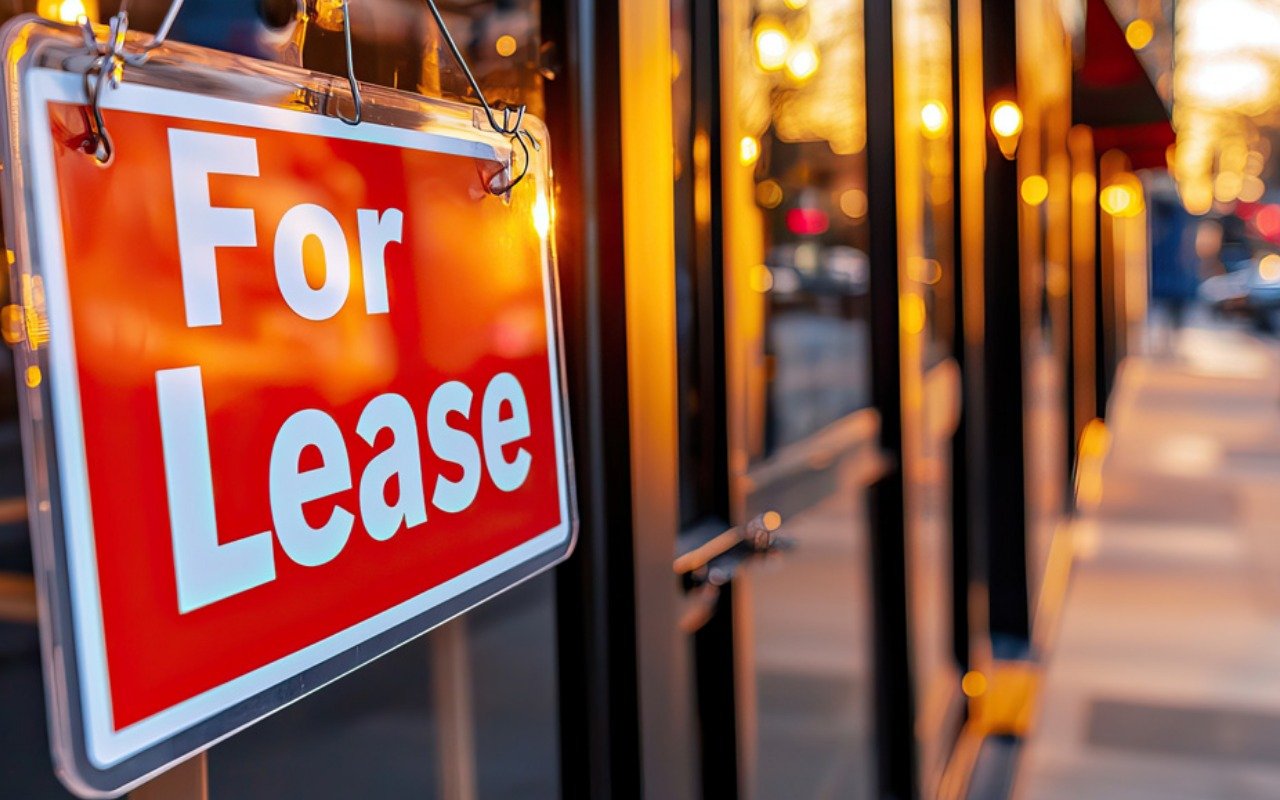
Signing a commercial lease is a significant step for any business. It’s an exciting milestone, but it also comes with serious legal and financial obligations. These contracts are often filled with complex terms, hidden costs, and obligations that could impact your business for years. Understanding what to look for—and what to negotiate—can help you secure a lease that supports your long-term success. Before signing, take the time to examine key provisions and know your rights.
One of the most significant factors to consider is rent and escalation clauses. It’s easy to focus on the base rent, but that’s just the starting point. Many leases include rent increases over time, which can be based on fixed percentages, market rates, or inflation indices. It’s essential to clarify how and when rent increases will occur, negotiate a cap on annual increases, and watch for hidden costs like common area maintenance fees or property tax contributions.
Maintenance and repair responsibilities can have a significant impact on your bottom line. A leaky roof or a malfunctioning HVAC system can lead to unexpected expenses if your lease makes you responsible for repairs. Some landlords pass these costs onto tenants, while others maintain structural elements themselves. Make sure your lease clearly defines who is responsible for what. It’s always a good idea to negotiate for the landlord to cover major systems like HVAC, plumbing, and roofing. Before signing, request an inspection to ensure the property is in good condition.
The length of your lease and renewal options are also crucial factors to evaluate. Long-term leases can provide stability, but they also lock you in for years, which can be a disadvantage if your business grows or needs change. Look for flexible renewal options that allow you to extend your lease under pre-negotiated terms. Be cautious of automatic renewal clauses that might bind you to unfavorable conditions. If you’re uncertain about long-term commitments, negotiating a shorter lease with renewal flexibility may be the best option.
Many commercial leases include use restrictions that limit what kind of business activities can be conducted on the property. These restrictions may prevent certain modifications or prohibit expansion into related business areas. Some landlords also lease nearby spaces to competitors unless you negotiate an exclusivity clause. Ensure the lease allows for your intended operations, and check zoning regulations to comply with local laws.
If your business expands or relocates, subleasing and assignment rights can be valuable. Some leases restrict these options, making it difficult to transition to a new space. Ensure your lease allows for subleasing or transferring to another tenant if necessary. If subleasing is permitted, be aware of any landlord approval requirements. Flexibility is key when planning for the future, so look for expansion options within the property if you anticipate growth.
Default and termination clauses outline the consequences of breaking the lease. Business conditions change, and sometimes, breaking a lease becomes necessary. Some leases require personal guarantees, making you personally liable for unpaid rent even if your business closes. Avoid signing personal guarantees unless absolutely necessary, and negotiate for an early termination clause in case your business needs to change. It’s also important to review any grace periods for missed rent payments before penalties apply.
Negotiating a fair lease is an essential step in protecting your business. Many commercial leases are open to negotiation, so don’t hesitate to advocate for better terms. Consulting a commercial real estate attorney before signing can help you spot unfavorable clauses and ensure the lease aligns with your business goals. Comparing multiple lease options gives you more bargaining power. Documenting everything in writing is crucial since verbal agreements won’t hold up in court. It’s also worth asking for incentives such as rent-free periods or landlord-covered build-out costs.
A well-negotiated lease is more than just a contract—it’s a strategic investment in your business’s future. By carefully reviewing the terms, negotiating key provisions, and seeking expert guidance, you can avoid costly surprises and secure a lease that supports your business’s long-term success. Before signing, take your time, ask questions, and make sure the lease works for you. For any questions, contact Kleiner Law today and schedule an appointment to review your commercial lease and business law needs.